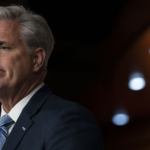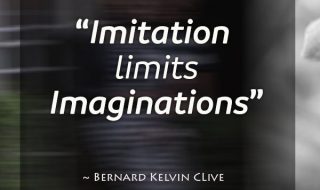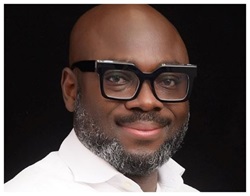
Ultra-low interest rates could be here to stay, says Bank of England advisor
The prospect of ultra-low interest rates persisting for years to come has been conjured up by a leading Bank of England policy following a further fall in oil prices and shares in London to their lowest level since late 2012.
Gertjan Vlieghe, one of the nine members of Threadneedle Street’s monetary policy committee, the body that sets the official cost of borrowing, said that debt, demographics and distribution of income could all depress interest rates.
In his first speech since becoming a member of the MPC, Vlieghe said policymakers should not assume “that the future will look like the past” and must “be prepared for the possibility that real interest rates will remain well below their historical average for a very long time”.
The closure of Wall Street for Martin Luther King public holiday meant a quieter day on financial markets ahead of growth news from China overnight. London’s FTSE 100 Index fell 24 points to 5779.9.
Market expectations that the official lifting of sanctions against Iran will lead to an increase in the supply of oil triggered a fresh decline in the cost of crude. At one stage in early trading in London, Brent crude fell to $27.67 a barrel before recovering to $28.80 by the close.
“Iran’s return to the oil market has been on the agenda for some time and therefore does not really come as any great surprise,” Commerzbank senior analyst Carsten Fritsch said in a note. “Nonetheless, prices were bound to react negatively in the short term in view of the negative market sentiment.”
The oil price has now fallen by more than $85 dollars a barrel from its recent peak of $115 a barrel in August 2014, leading to lower inflation and less pressure on central banks to raise interest rates.
Vlieghe said there were also longer-term factors helping to keep borrowing costs low. Higher levels of debt would make interest rates less effective in raising spending levels; a longer-living population would be saving more for future retirement; and a more unequal distribution of income might amplify the effects of rising debt.
The MPC member said it was not hard to imagine a world in which all three Ds interacted. “A high debt economy faces headwinds and needs lower interest rates. A high debt economy with adverse demographic trends needs even lower interest rates. And a high debt economy with adverse demographic trends and higher inequality … well you get the picture.”
In March, the MPC will have held interest rates unchanged at 0.5% for seven years, and with only one member – Ian McCafferty – voting for an increase at its meeting in January, the City now believes it will be late 2016 or early 2017 before borrowing costs rise.
Mark Carney, the Bank’s governor, will give his views on the state of the economy in a speech on Tuesday but Vlieghe made it clear he was in no hurry to vote for an increase.
“If I were confident that, over the next few years, policy rates would have to rise significantly to match historical averages of real interest rates, I would be looking for the first possible opportunity to raise rates, to avoid having to raise them very sharply in the next few years.
“But I am not confident of that at all. Rather, I think it is plausible that the appropriate real interest rate for the economy might be very low for years to come. So policy rates, when they rise, may not need to rise by much over the coming years. These medium-term considerations make me relatively more patient before raising rates.”
The MPC has been expecting the steady decline in the UK’s jobless total to start pushing up the level of pay, but Vlieghe said he saw little evidence that this was happening.
“In order to be confident enough of the medium-term inflation outlook to raise Bank Rate, I would like to see evidence that growth is not slowing further, and that a broad range of indicators related to inflation are generally on an upward trajectory from their current low levels.
“I do not see convincing evidence yet of upward momentum in pay pressures. With growth still slowing, and inflation pressures either easing outright or disappointing relative to forecasts, I do not believe the conditions are in place to warrant a rise in Bank Rate.”
source: The Guardian
















